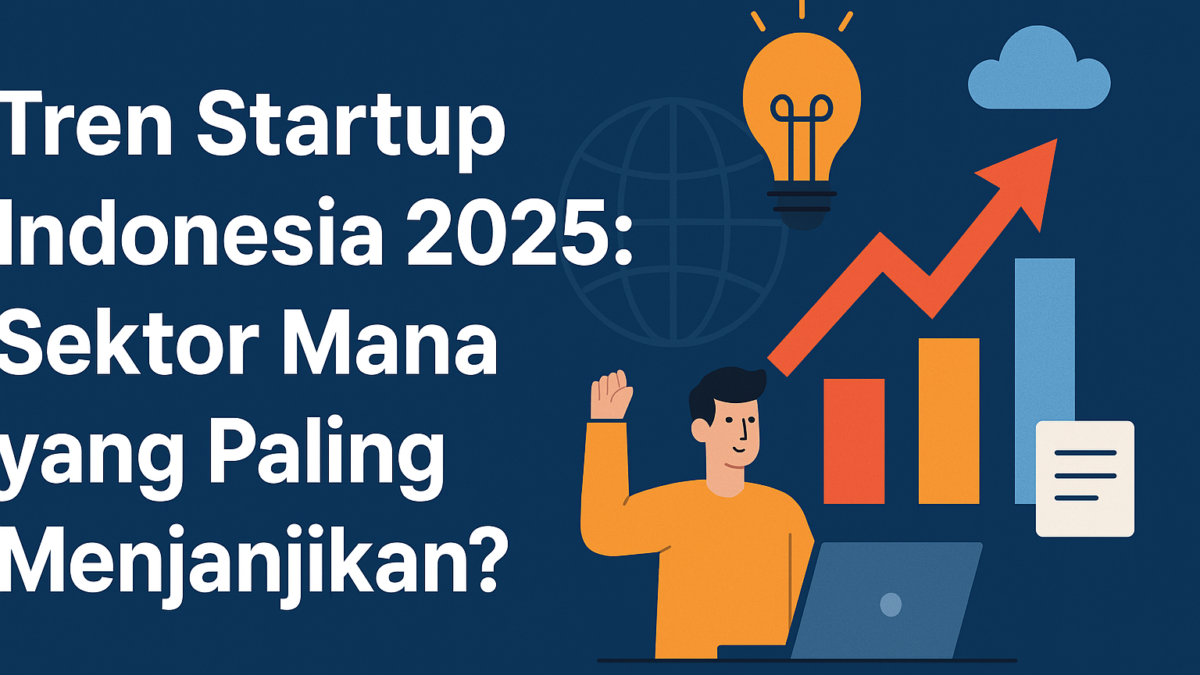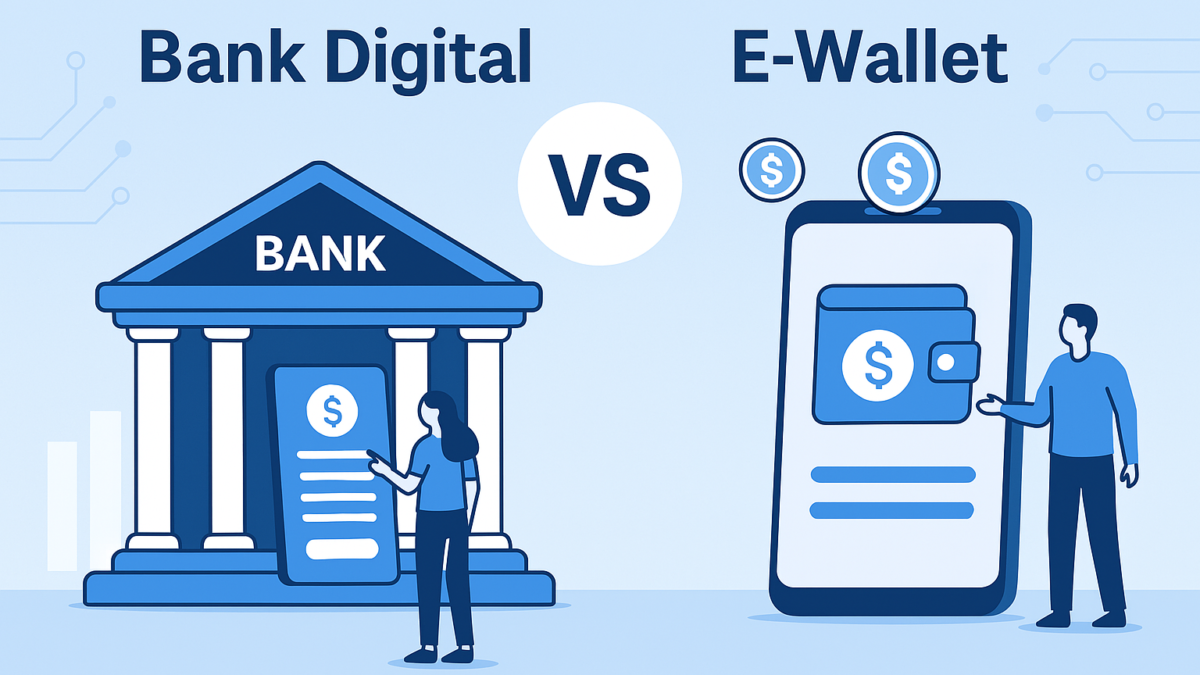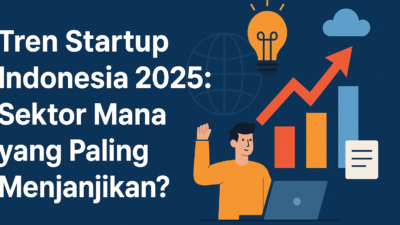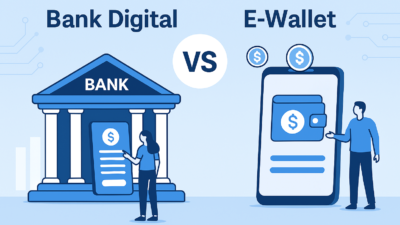
The metaverse has become one of the most buzzworthy concepts in technology, often described as the next frontier of the internet. But what exactly is the metaverse, and why is it capturing the imagination of tech giants, businesses, and individuals alike? Whether you’re a gamer, investor, or simply curious about the future, understanding the metaverse can unlock a world of opportunities.
This guide breaks down what the metaverse is, its key components, and its transformative potential across industries.
What Is the Metaverse?
At its core, the metaverse is a virtual, interconnected space where people can interact in real time using digital avatars. It is often envisioned as a fully immersive, three-dimensional version of the internet, combining elements of augmented reality (AR), virtual reality (VR), and blockchain technology.
Key Characteristics:
- Persistence: The metaverse exists continuously, whether or not users are actively engaging.
- Interactivity: Users can interact with the environment, objects, and other participants in real time.
- Interoperability: Ideally, the metaverse allows seamless transitions between platforms, applications, and virtual worlds.
- User-Generated Content: Users can create, buy, and trade digital assets, including virtual real estate, art, and more.
Key Components of the Metaverse
The metaverse relies on several technologies and concepts to function:
1. Virtual Reality (VR) and Augmented Reality (AR)
- VR: Creates fully immersive digital environments using devices like Oculus Rift or HTC Vive.
- AR: Overlays digital elements onto the physical world through devices like smartphones or AR glasses.
2. Blockchain Technology
Blockchain ensures secure ownership and transactions of digital assets, such as non-fungible tokens (NFTs) and cryptocurrencies.
3. Digital Economy
The metaverse supports its own digital economy, where users can buy and sell virtual goods and services using cryptocurrencies.
4. 5G and Cloud Computing
Fast, reliable connectivity and cloud infrastructure are essential for delivering seamless, real-time metaverse experiences.
Real-World Examples of the Metaverse
Several platforms and companies are already building the foundations of the metaverse:
1. Decentraland
A blockchain-based virtual world where users can buy, sell, and develop virtual real estate using its native cryptocurrency, MANA.
2. Roblox
Roblox is a gaming platform that allows users to create, share, and monetize their virtual worlds and experiences.
3. Meta (formerly Facebook)
Meta is heavily investing in the metaverse, developing platforms like Horizon Worlds for VR social interaction and workspaces.
4. Fortnite
Beyond being a popular game, Fortnite has evolved into a social hub, hosting live concerts and events attended by millions of players worldwide.
5. Sandbox
A decentralized platform where users can create, own, and monetize virtual assets and experiences using blockchain technology.
Potential Applications of the Metaverse
1. Entertainment and Gaming
The metaverse offers immersive gaming experiences, virtual concerts, and interactive storytelling.
- Example: Travis Scott’s concert in Fortnite drew over 12 million attendees, showcasing the metaverse’s potential as an entertainment platform.
2. Education and Training
The metaverse enables virtual classrooms, simulations, and hands-on training in a risk-free environment.
- Example: Medical students can practice surgeries in VR simulations, enhancing their skills without real-world consequences.
3. Work and Collaboration
Virtual offices and meeting spaces allow remote teams to collaborate in immersive, interactive environments.
- Example: Meta’s Horizon Workrooms provide VR spaces for teams to brainstorm and meet virtually.
4. E-Commerce and Retail
The metaverse enables virtual shopping experiences where users can try on clothes or test products before purchasing.
- Example: Gucci collaborated with Roblox to sell virtual handbags, some of which sold for more than their real-world counterparts.
5. Real Estate and Architecture
Virtual real estate allows users to buy, sell, and develop digital properties, while architects can create and visualize designs in immersive 3D spaces.
- Example: Decentraland has a thriving virtual real estate market where parcels of land sell for thousands of dollars.
6. Social Interaction
The metaverse offers new ways to connect with friends and family through shared experiences in virtual environments.
- Example: Platforms like VRChat enable users to interact with others from around the world using customizable avatars.
The Metaverse’s Potential Across Industries
Healthcare
- VR therapy for mental health treatment.
- Virtual consultations and remote surgeries.
Finance
- Decentralized finance (DeFi) platforms integrated into virtual worlds.
- NFT-based investments and digital assets.
Tourism
- Virtual tours of destinations, allowing users to explore before booking real-world trips.
Advertising and Marketing
- Brands can engage with users through immersive ads, virtual events, and branded digital assets.
Challenges and Risks
While the metaverse presents exciting opportunities, it also comes with challenges:
1. Privacy and Security
- Concerns about data collection and potential misuse.
2. Accessibility
- High costs of VR/AR devices may limit adoption.
3. Regulation
- Governments and organizations must address legal and ethical issues, such as ownership rights and taxation of virtual assets.
4. Interoperability
- Ensuring seamless transitions between different platforms remains a technical hurdle.
The Future of the Metaverse
The metaverse is still in its infancy, but its potential to transform industries and redefine how we live, work, and play is immense. As technology evolves, the metaverse will become more accessible, interconnected, and integral to our daily lives.
For individuals and businesses, now is the time to explore the metaverse, understand its opportunities, and prepare for a future where the virtual and physical worlds seamlessly blend.















